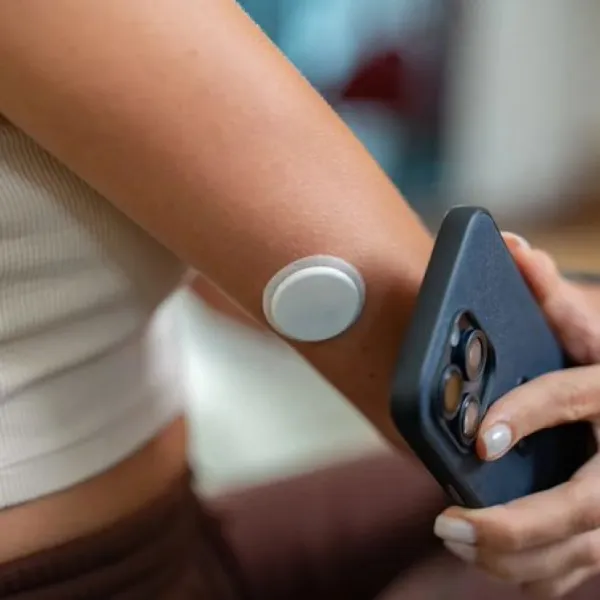Parl Panel Recommends Overhaul of Pharma Export Schemes

One of the key recommendations pertains to the Market Access Initiative (MAI) scheme, which aims to facilitate market access for Indian exporters.
The Parliamentary Standing Committee on Commerce has proposed several revisions to key schemes to bolster the country’s pharmaceutical space.
The committee's recommendations, aimed at maximizing exports and minimizing imports, were outlined in its 187th report presented to the Rajya Sabha and laid on the table of the Lok Sabha on February 8.
It also underscored the importance of diversifying export markets for sustained growth. During the 2022-23 period, pharmaceutical exports to regions such as NAFTA, Europe, and Africa accounted for a significant portion of India's total exports.
Issues Raised
The standing committee's report highlighted the need to revise the Market Access Initiative (MAI) guidelines to better support large pharmaceutical enterprises.
Notably, stakeholders expressed concerns that recent changes to the MAI scheme guidelines aimed to limit benefits for companies with export turnovers exceeding INR 100 Cr could deter large enterprises from participating.
These larger companies contribute to 70% of India's exports to regulated markets such as the USA and the European Union.
The committee also delved into the challenges posed by non-tariff barriers imposed by certain countries, including Malaysia and Indonesia, which restrict market access for Indian exports. Complex registration procedures and intellectual property protection requirements were cited as major obstacles for Indian exporters, particularly in the pharmaceutical sector.
Furthermore, the committee addressed issues within the Production Linked Incentive (PLI) scheme, acknowledging concerns raised by exporters. Stakeholders highlighted instances where competing countries slashed rates of active pharmaceutical ingredients, affecting Indian manufacturers participating in the PLI scheme.
Elements of Committee Recommendations
In response to these concerns, the committee recommended that the Department revise the MAI guidelines to include companies with export turnovers above INR 100 Cr. According to the committee, this revision is pivotal in diversifying export destinations for the pharmaceutical sector, a vital aspect for sustained growth and resilience.
Further to address the challenges posed by non-tariff barriers imposed by certain countries, the committee recommended exploring mutual recognition agreements and Free Trade Agreements (FTAs) with partner countries.
Special emphasis was placed on addressing complex registration procedures and intellectual property protection issues. Additionally, the committee advocated for provisions granting Indian manufacturers access to government procurement markets in foreign countries, thereby enhancing export opportunities.
Moreover, to mitigate challenges with the PLI scheme, the committee suggested incorporating suitable provisions within the PLI scheme to safeguard manufacturers against price fluctuations in international markets.
Focus on Diversification & Domestic Manufacturing Support
In a separate development, the Parliamentary Panel recommended the inclusion of medium and high-end medical devices essential for critical care into the National List of Essential Medicines (NLEM). This recommendation, made in collaboration with the Ministry of Health and Family Welfare (MoHFW), aims to prioritize public interest and enhance access to critical medical devices.
Furthermore, the committee proposed measures to support domestic manufacturing of medical devices, including reducing GST rates, providing short-term custom-duty concessions on imported components, and extending the Phased Manufacturing Programme (PMP) to cover a broader range of medical devices. These recommendations are geared towards fostering a conducive environment for domestic manufacturing and promoting self-reliance in the healthcare sector.
The recommendations put forth by the Parliamentary Panel signify a concerted effort to address challenges, foster growth, and enhance competitiveness in India's pharmaceutical and medical device sectors.
By advocating for revisions to key schemes and addressing market access barriers, the committee aims to propel the country towards achieving its export potential while prioritizing public health interests and domestic manufacturing capabilities.
Stay tuned for more such updates on Digital Health News





























